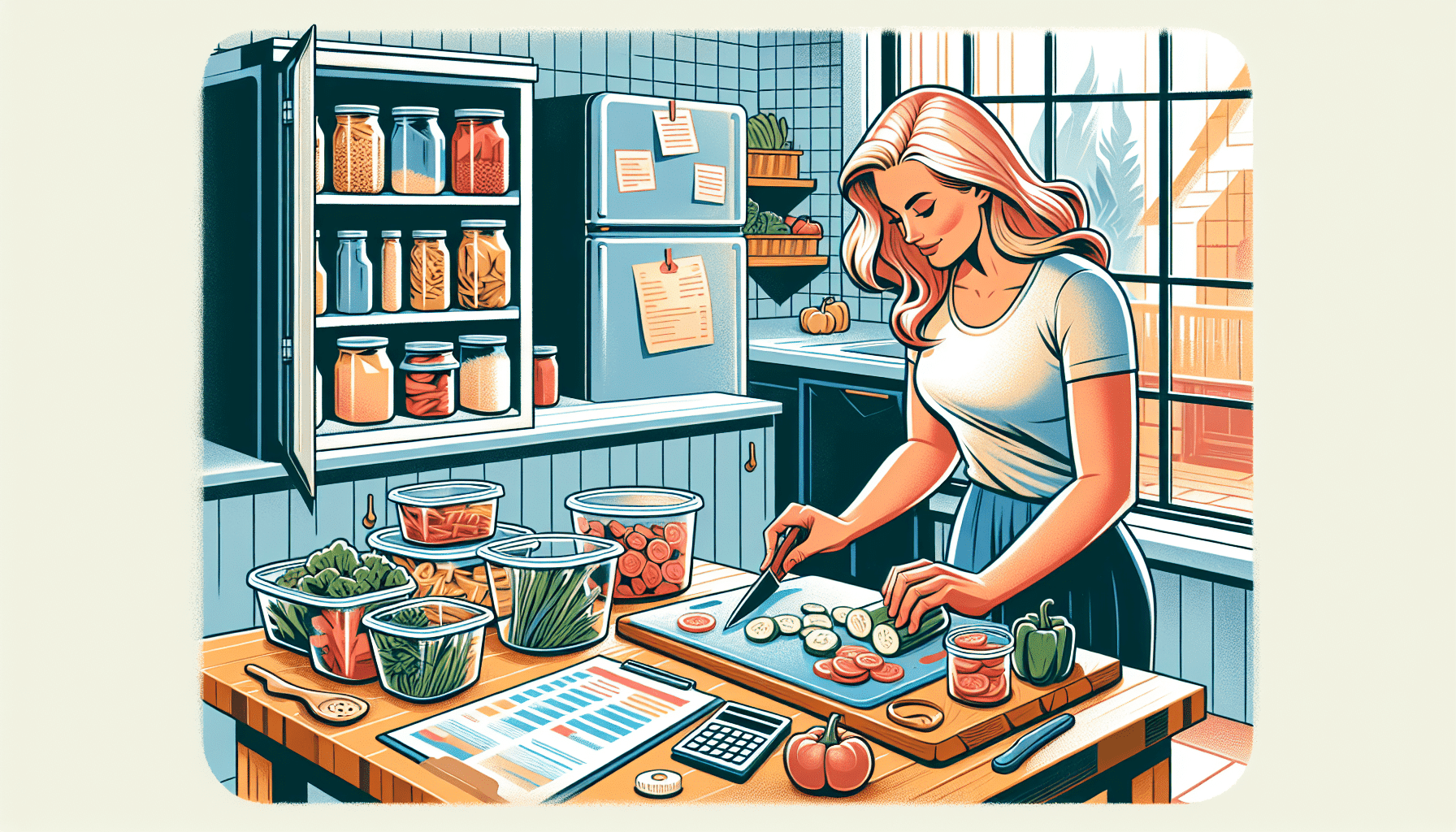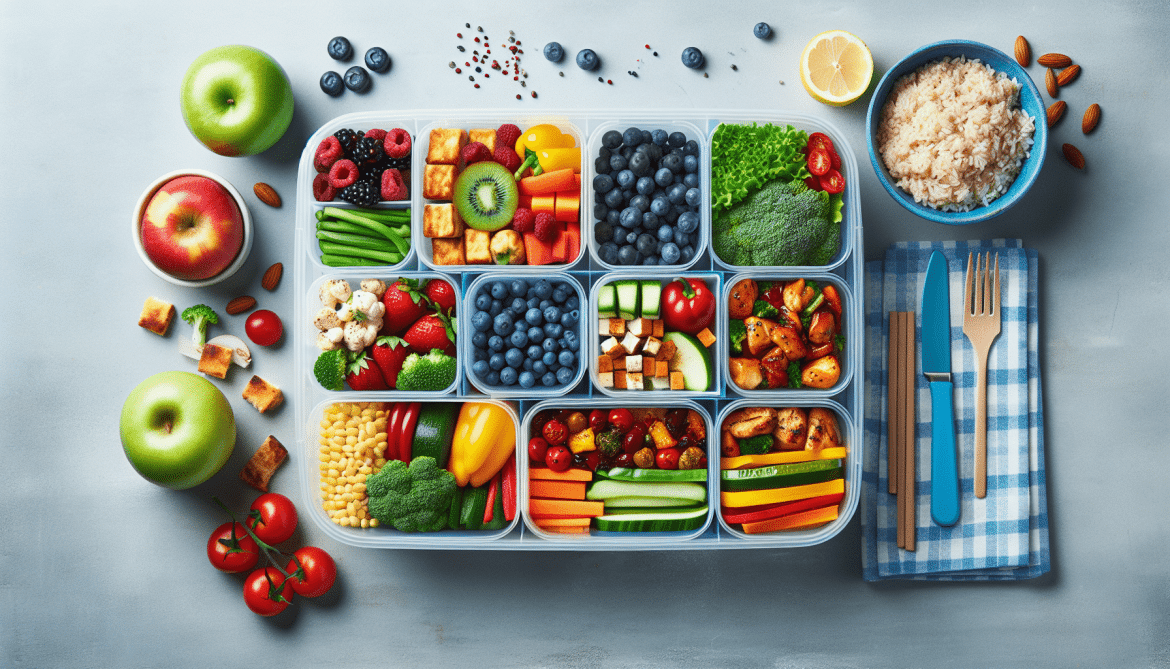Are you tired of constantly spending a fortune on groceries? Look no further than mastering the art of meal prep. By properly planning and preparing your meals in advance, you can not only save money on grocery shopping but also take control of your diet and ensure you have nutritious meals ready to go. In this article, we will provide you with practical tips and tricks to help you become a meal prep expert, so you can enjoy the benefits of saving money and maintaining a healthier lifestyle.
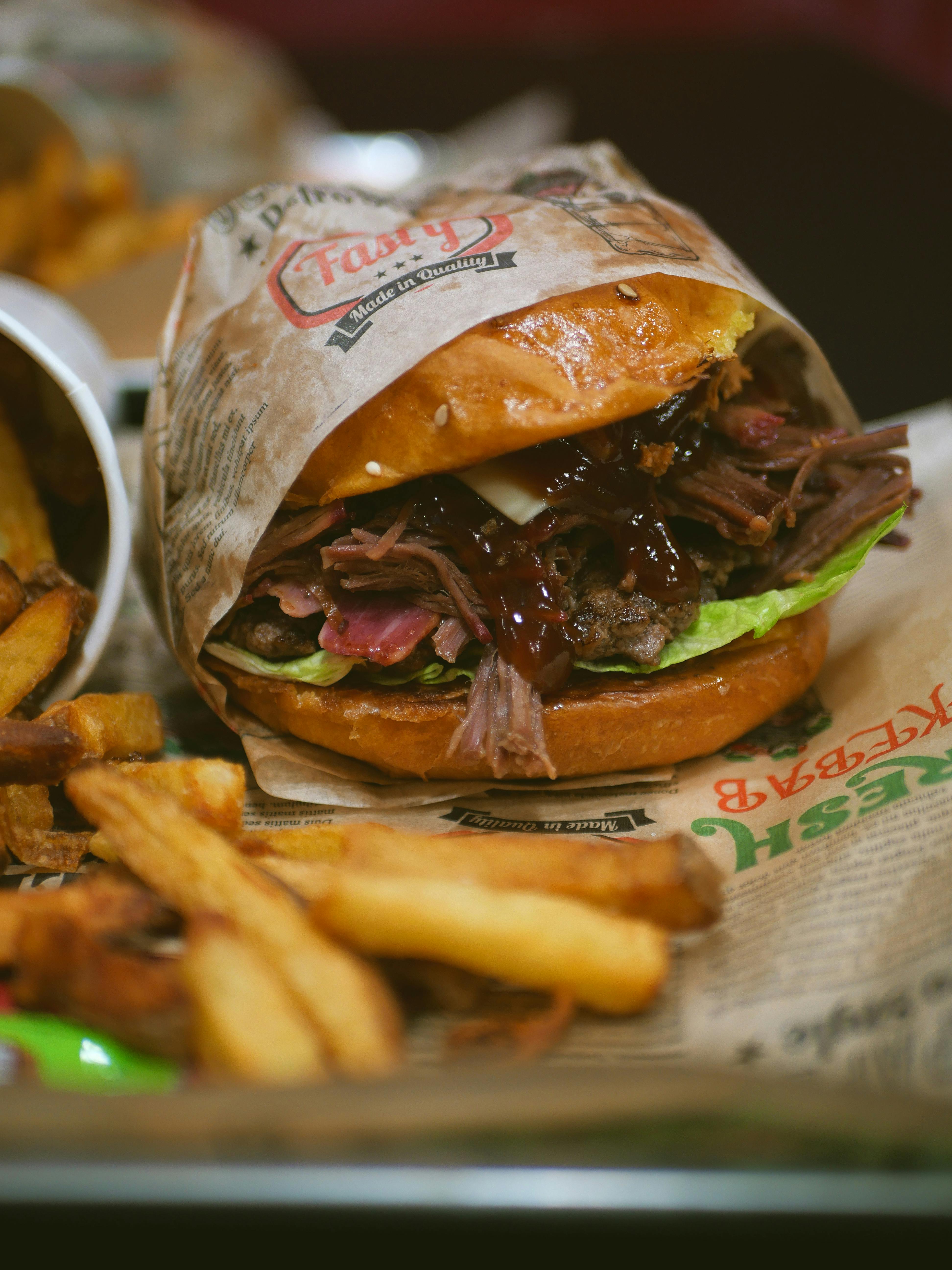
Benefits of Meal Prep
Time savings
Meal prepping can save you a significant amount of time throughout the week. By preparing your meals in advance, you can eliminate the need to cook and prepare food every day. Instead, you can simply grab a pre-made meal from the fridge or freezer and enjoy a delicious and nutritious homemade dinner without the hassle of cooking from scratch. This can be especially beneficial for those with busy schedules or limited time in the evenings.
Portion control
One of the key benefits of meal prepping is the ability to control your portion sizes. When you prepare your meals in advance, you can measure out the exact portion sizes you need, helping you to avoid overeating. Portion control is essential for maintaining a healthy weight and achieving your nutritional goals. By pre-portioning your meals, you can ensure that you are consuming the right amount of food, which can also help you save money by avoiding wasted leftovers.
Reduced food waste
Meal prepping can significantly reduce food waste. When you plan your meals and prepare them in advance, you only buy and cook the ingredients you need, minimizing the risk of leftovers going bad in the fridge. By utilizing all the ingredients efficiently, you can avoid throwing away unused perishable items and reduce your overall food waste. This not only saves you money but also helps to promote sustainable and eco-friendly practices.
Improved nutrition
Another major benefit of meal prepping is the ability to improve your nutrition. When you plan and prep your meals, you have control over the ingredients and portion sizes, allowing you to make healthier choices. By incorporating a variety of fruits, vegetables, lean proteins, and whole grains into your meal prep, you can ensure that you are getting a well-balanced and nutritionally-dense diet. Meal prepping also reduces the temptation to opt for unhealthy takeout or fast food options, helping you to stay on track with your health and wellness goals.
Tips for Effective Meal Prep
Plan your meals
The first step to successful meal prepping is to plan your meals in advance. Take some time each week to decide what dishes you want to prepare and create a meal plan. Consider your dietary preferences, restrictions, and schedule when planning your meals. This will help you ensure that you have a well-rounded and varied menu for the week.
Create a shopping list
Once you have your meals planned out, create a shopping list. Write down all the ingredients you will need for your meals and any additional snacks or essentials you may need. Having a shopping list not only helps you stay organized but also prevents impulse purchases at the grocery store. Stick to your list and only buy what you truly need for your meal prep.
Choose versatile ingredients
When planning your meals, opt for versatile ingredients that can be used in multiple dishes. This not only adds variety to your meals but also helps you save money by buying ingredients that can be used in different recipes. For example, buying a whole chicken can be used to make a roast chicken one night and then repurposed into a chicken stir-fry or a chicken salad later in the week.
Invest in quality storage containers
Investing in high-quality storage containers is essential for effective meal prep. Look for containers that are durable, leak-proof, and microwave-safe. Having the right containers will help you keep your prepped meals fresh and easily accessible. Consider investing in a variety of sizes to accommodate different portion sizes and types of meals.
Budget-Friendly Meal Prep Ideas
Batch cooking
Batch cooking is a great way to save time and money while meal prepping. Pick a day, such as Sunday, to dedicate to cooking large batches of staple foods that can be used for multiple meals throughout the week. Cook a big pot of rice, a batch of soup or chili, and roasted vegetables. This way, you can mix and match these components to create a variety of meals without having to cook every day.
One-pot meals
One-pot meals are not only convenient but also budget-friendly. These meals, such as stir-fries, casseroles, and stews, typically require minimal ingredients and can be easily prepared in one pot or pan. By utilizing one-pot meal recipes, you can save money on multiple ingredients and reduce the number of pots and pans needed for cooking and cleaning.
Use budget-friendly ingredients
When meal prepping on a budget, it's important to choose cost-effective ingredients. Opt for affordable protein options, such as chicken thighs or legumes, which are often cheaper than cuts of meat. Incorporate seasonal produce, as they tend to be more budget-friendly when they are in abundance. Canned vegetables and beans are also great budget-friendly options that can be easily stored and incorporated into your meal prep.
Repurpose leftovers
Don't let your leftovers go to waste! Instead, get creative and repurpose them into new meals. For example, leftover roasted chicken can be shredded and used in a salad, sandwich, or wrap. Leftover cooked vegetables can be added to a frittata or used as a topping for a pizza. Repurposing leftovers not only saves you money but also adds variety to your meal prep.
Meal Prep Tools and Equipment
Kitchen scale
A kitchen scale is an essential tool for precise meal prepping. It allows you to accurately measure your ingredients and portion sizes, ensuring that you are sticking to your meal plan and nutritional goals. A kitchen scale is particularly useful for measuring ingredients that are sold by weight, such as meat or grains. Investing in a reliable and accurate kitchen scale can greatly enhance your meal prep experience.
Measuring cups and spoons
Measuring cups and spoons are necessary tools for portioning out ingredients during meal prep. They help ensure that you are adding the correct amounts of ingredients to your recipes, promoting consistency in flavor and nutrition. Having a set of measuring cups and spoons in various sizes will allow you to accurately measure both liquid and dry ingredients.
Sharp knives
Having a set of sharp knives is essential for efficient meal prepping. Sharp knives make it easier and safer to chop, slice, and dice ingredients, reducing the risk of accidents and injuries. Dull knives can make meal prep more time-consuming and tedious. Invest in a quality set of knives and regularly sharpen them to ensure they remain sharp and effective.
Cutting boards
Having an assortment of cutting boards is important for preventing cross-contamination during meal prep. Use separate cutting boards for different types of ingredients, such as one for fruits and vegetables and another for raw meat. This will help prevent the spread of bacteria and ensure the safety of your meals. Opt for cutting boards that are easy to clean and made of durable materials.
Storage containers
When it comes to meal prepping, having the right storage containers is crucial. Look for containers that are BPA-free, dishwasher-safe, and microwave-safe. Containers with dividers can be especially useful for separating different components of a meal. Consider investing in a variety of sizes to accommodate different portion sizes and types of meals. Stackable containers can also help save space in your fridge or freezer.
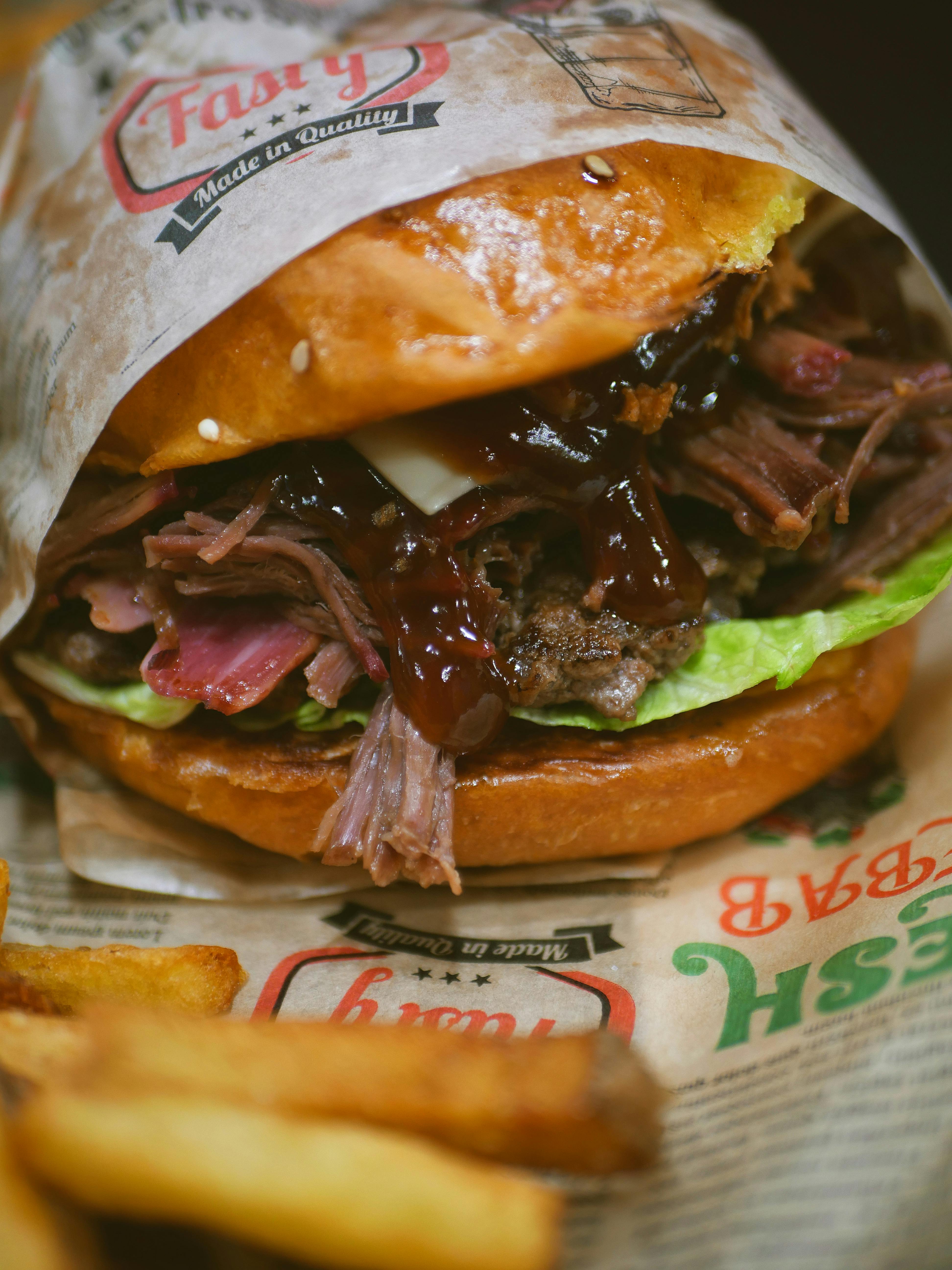
Organizing Your Meal Prep Routine
Set aside dedicated time
To effectively meal prep, it's important to set aside dedicated time each week to plan, shop, and cook. Choose a time that works best for you and create a routine. Many people find that dedicating a few hours on a Sunday or another day off can be ideal for meal prepping for the entire week. By making meal prep a consistent part of your weekly routine, you can ensure that you always have nutritious and delicious meals ready to go.
Prepare ingredients in advance
Prepping your ingredients ahead of time can streamline the cooking process and save you time throughout the week. Wash and chop vegetables, marinate meats, and pre-cook staple ingredients such as rice or pasta. By preparing the components of your meals in advance, you can significantly reduce your prep and cooking time when it comes to actually making your meals.
Utilize your freezer
Your freezer is your meal prep ally. Make use of it by freezing meals that can be enjoyed at a later date. Batch cook large quantities of soups, stews, or casseroles, then portion them out and store them in the freezer. This allows you to have a variety of meals ready to go when you don't have time to meal prep. Freezing meals also helps to extend their shelf life and reduces the risk of food spoilage.
Label and date your meals
To stay organized and ensure that you use your prepped meals in a timely manner, label and date each container. This will help you easily identify each dish and keep track of how long it has been stored. Use adhesive labels or washable markers to write the contents and date on the lids or sides of the containers. This simple step will save you from guessing what's inside each container and prevent any unpleasant surprises when it comes time to eat.
Maximizing Savings at the Grocery Store
Shop with a list
Creating a shopping list before heading to the grocery store is essential for maximizing your savings. Take the time to plan your meals and make a comprehensive list of all the ingredients you need. Stick to your list and avoid impulse purchases. Shopping with a list not only helps you stay organized but also prevents you from buying unnecessary items that can blow your budget.
Take advantage of sales and discounts
Keep an eye out for sales and discounts at your grocery store. Many stores offer weekly specials on various products. Be flexible with your meal plan and take advantage of these deals by incorporating the discounted items into your meals. This can help you save money and add variety to your meal prep. Additionally, consider using coupons or taking advantage of loyalty programs offered by the grocery store to save even more.
Buy in bulk
Buying in bulk can be a cost-effective strategy when it comes to meal prepping. Bulk purchases often come at a lower price per unit, allowing you to save money in the long run. Stock up on staples like grains, beans, or frozen fruits and vegetables, which have a longer shelf life and can be easily incorporated into different meals. Just make sure to store bulk purchases properly to maintain freshness and prevent spoilage.
Compare prices
Don't be afraid to compare prices at different grocery stores or even online. Prices can vary significantly between different retailers, so taking the time to do some research and compare prices can help you find the best deals. Utilize price comparison apps or websites to streamline the process and save time. By being conscious of prices, you can ensure that you are getting the most value for your money.
Avoid impulse purchases
Avoiding impulse purchases is key to staying within your budget. Grocery stores are designed to entice you with tempting displays and promotions, but it's important to stay focused on your shopping list and avoid unnecessary purchases. Stick to the items you need for your meal prep and resist the urge to buy items that are not part of your plan. This will not only help you save money but also prevent food waste.
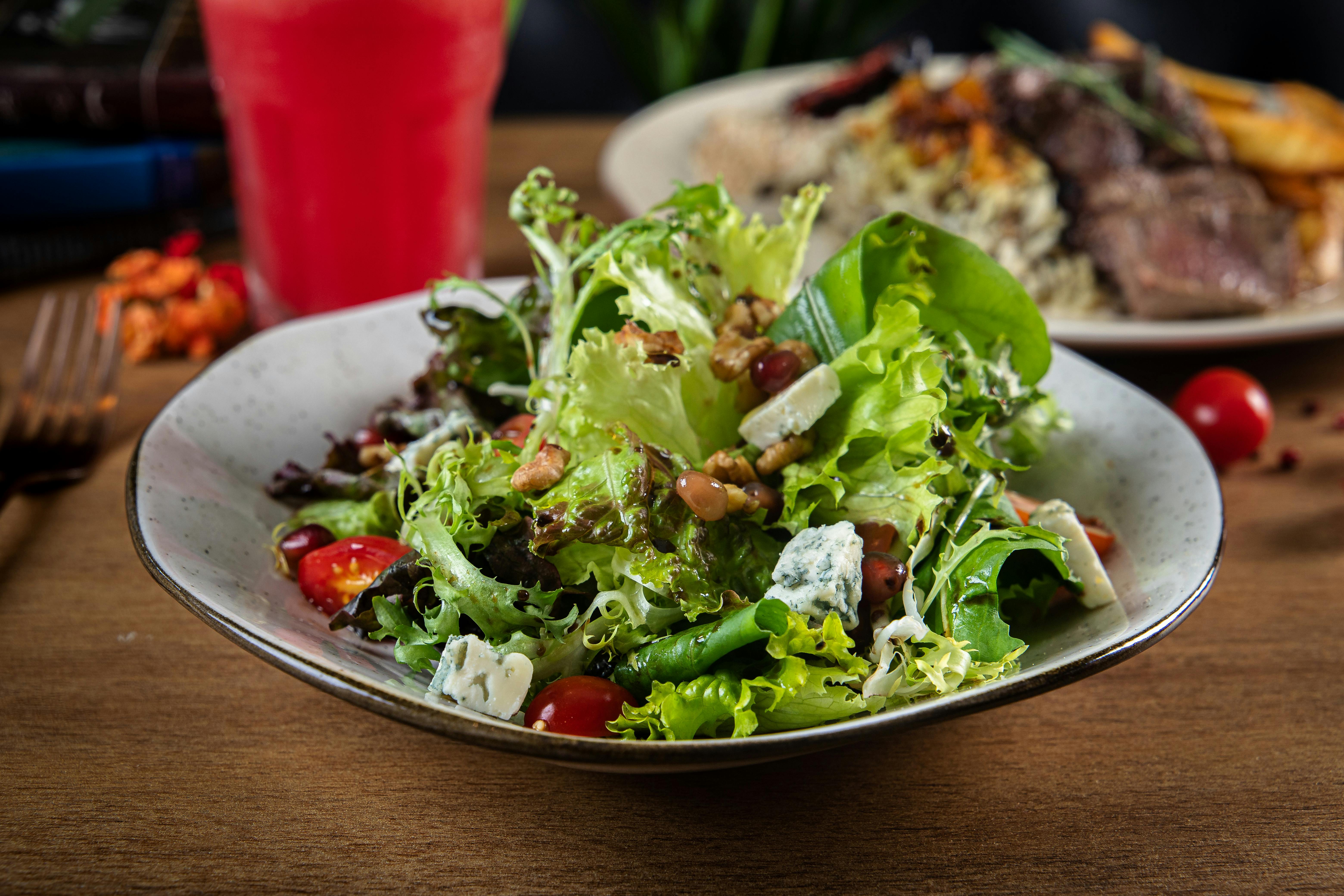
Meal Prep Hacks to Save More Money
Cook in bulk and freeze portions
Cooking in bulk and freezing portions is a meal prep hack that can help you save money. When you come across a good deal on your favorite ingredients, buy in bulk and cook a large batch. Portion out the extra servings and store them in the freezer for later use. This way, you can avoid food waste and have ready-made meals whenever you need them.
Buy seasonal produce
Choosing seasonal produce is not only beneficial for its freshness and flavor but also for its affordability. Seasonal fruits and vegetables are often in abundance and tend to be more reasonably priced. Take advantage of the variety of seasonal produce available throughout the year to incorporate fresh and cost-effective ingredients into your meal prep.
Utilize pantry staples
Pantry staples, such as spices, canned goods, and dry grains, are not only budget-friendly but also versatile. They can be used to add flavor and substance to your meals without breaking the bank. Stock up on pantry staples and keep them well organized so you always have a wide range of ingredients at your fingertips. This will help you save money by reducing the need to buy additional ingredients for each recipe.
Make your own sauces and condiments
Store-bought sauces and condiments can quickly add up and significantly increase your grocery bill. Instead, consider making your own sauces and condiments at home. Not only is it cost-effective, but it also allows you to control the ingredients and customize the flavors to your liking. Homemade sauces and condiments can add a personal touch to your meals and enhance the overall dining experience.
Creating a Meal Plan
Consider your schedule
When creating a meal plan, take into consideration your schedule and lifestyle. Think about how many meals you need to prepare each day and the time you have available for cooking and meal prep. If you have a busy week ahead, opt for simpler and quicker recipes. On the other hand, if you have more time on certain days, you can plan to cook more elaborate meals.
Include a variety of meals
To avoid getting bored with your meals, aim to include a variety of cuisines, flavors, and cooking styles in your meal plan. Incorporate a mix of different protein sources, such as poultry, fish, and plant-based options, to add diversity to your meals. Don't forget to include a balance of carbohydrates, healthy fats, and plenty of fruits and vegetables to ensure a well-rounded and nutritious diet.
Account for leftovers
When planning your meals, consider how you can repurpose leftovers from previous meals. This not only saves you time and effort but also reduces food waste. For example, if you roasted a whole chicken one night, plan to use the leftover meat in a soup or pasta dish the next day. Making use of leftovers in your meal plan helps you get the most out of your ingredients and prevents them from going to waste.
Adjust portion sizes
When creating a meal plan, be mindful of portion sizes to prevent overeating and food waste. Consider your individual needs and adjust the portion sizes accordingly. If you are trying to lose or maintain weight, opt for smaller portions and incorporate more nutrient-dense foods. On the other hand, if you have an active lifestyle or specific dietary requirements, make sure to accommodate your energy needs by including enough food in your meal plan.
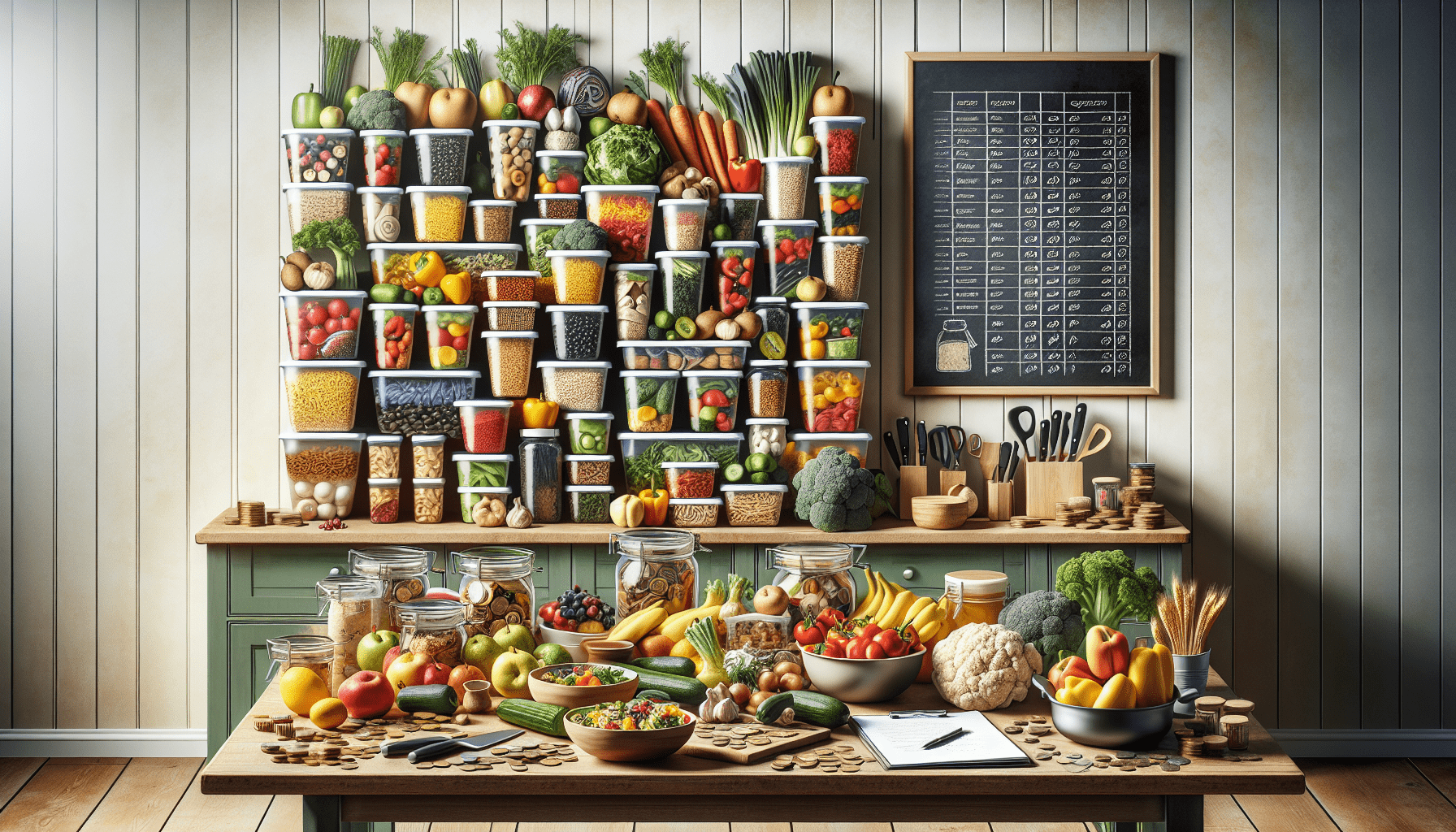
Avoiding Meal Prep Pitfalls
Don't overcomplicate recipes
When meal prepping, it's important to keep your recipes simple and manageable. Avoid recipes that require complex cooking techniques or hard-to-find ingredients. Stick to recipes that you are familiar with and that can be easily adapted for meal prep. Overcomplicating recipes can lead to frustration and can deter you from sticking to your meal prep routine.
Rotate ingredients to prevent boredom
One common pitfall of meal prep is repetitive and monotonous meals. To prevent boredom, make an effort to rotate ingredients and flavors in your meal plan. Incorporate different proteins, grains, and vegetables to keep your meals interesting and varied. You can also experiment with different cooking methods and seasonings to add variety to your dishes.
Properly store and reheat meals
To ensure that your prepped meals stay fresh and safe to eat, it's important to properly store and reheat them. Use high-quality storage containers that are airtight and leak-proof to keep your meals fresh and prevent cross-contamination. When reheating your meals, make sure they are heated to the proper internal temperature to kill any bacteria. Follow any specific instructions provided with your storage containers or consult food safety guidelines for best practices.
Stay motivated and consistent
Consistency is key when it comes to successful meal prep. It may take some time to adjust to the routine and find a system that works best for you. Stay motivated by focusing on the benefits of meal prep, such as time and money savings, improved nutrition, and reduced food waste. Experiment with new recipes and flavors to keep it exciting. Remember, the more consistent you are with your meal prep, the easier and more enjoyable it becomes.
Tracking Grocery Expenses and Savings
Keep receipts and track spending
Tracking your grocery expenses is essential for understanding your spending habits and identifying ways to save money. Keep your grocery receipts and record the amount you spent for each shopping trip. Categorize your expenses by food groups or meal categories, such as proteins, produce, or pantry items. This will help you analyze your spending patterns and identify areas where you can cut costs.
Calculate cost per meal
Calculating the cost per meal is a helpful way to assess the financial benefits of your meal prep. To calculate the cost per meal, divide the total amount spent on groceries for the week by the number of meals prepped. This simple calculation will give you a sense of how much you are spending on each meal and allow you to compare it to the cost of dining out or ordering takeout.
Compare with dining out expenses
Comparing your grocery expenses with the costs of dining out can provide valuable insights into your savings. Calculate the average amount you spend on dining out each week and compare it to your grocery expenses. If you find that your meal prep costs are significantly lower than what you would typically spend on eating out, it's a clear indication of the money-saving benefits of meal prep.
Celebrate savings milestones
Celebrating your savings milestones can help you stay motivated and engaged with your meal prep routine. Set achievable goals, such as reducing your grocery spending by a certain percentage or maintaining a consistent meal prep routine for a specific period. When you reach these milestones, treat yourself to a small reward or use the savings for something you've been wanting. Recognizing and celebrating your progress will reinforce your commitment to meal prep and encourage you to continue saving money.
